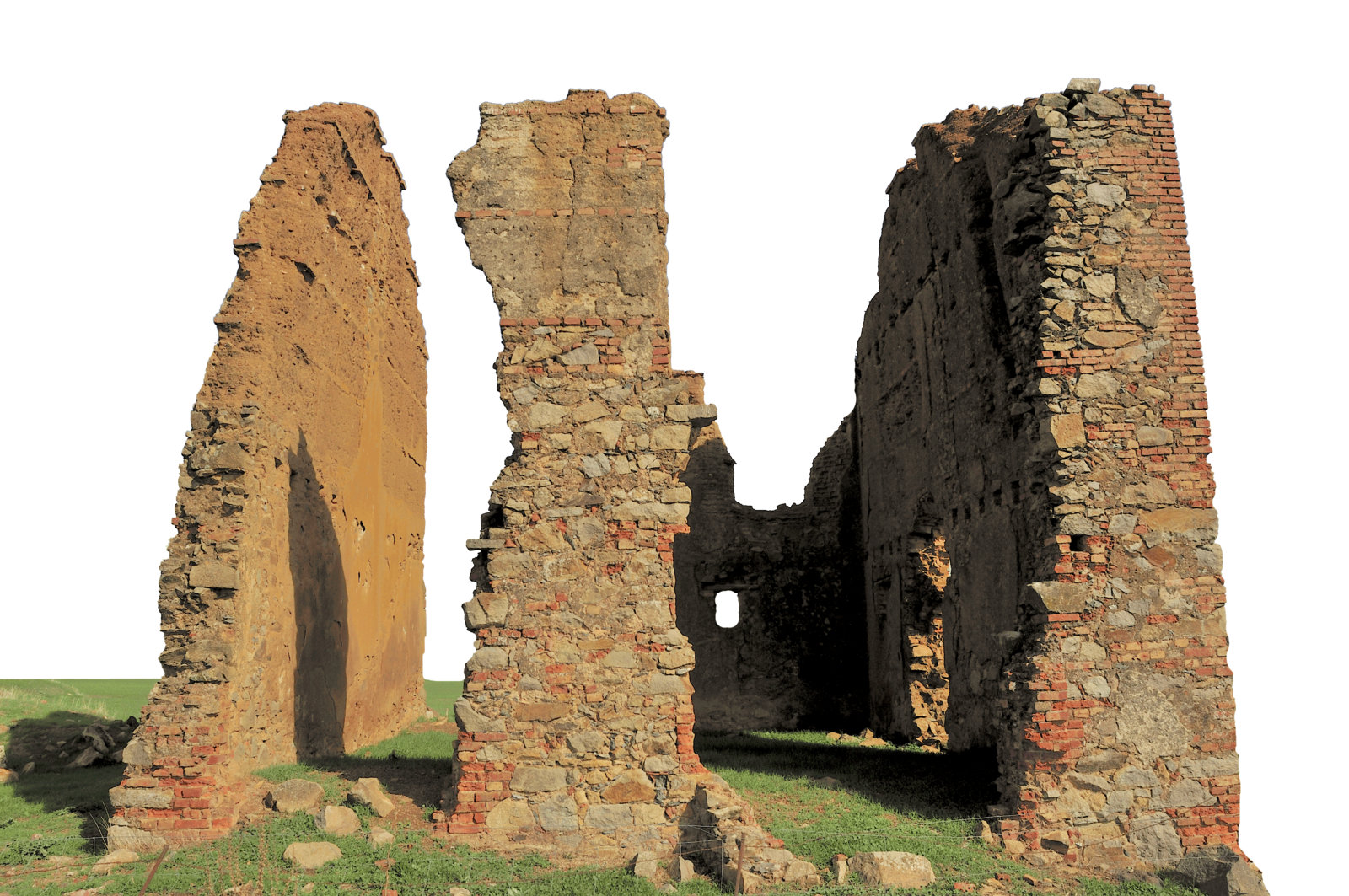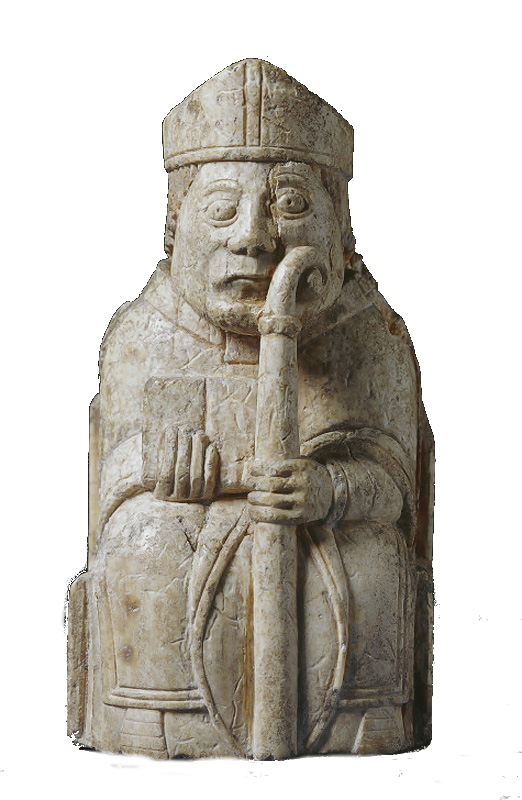I'll focus on the name Ulfberth. It's clearly Germanic, but probably continental; I don't think that it's Old Norse (Viking).
A lot of proper Germanic names are noun+adjective constructions, like this one. And the name is clearly "bright wolf" - or "Wolfbright" if you will. However:
- Old Norse often broke Proto-Germanic *e into /ja/. Including in the second word, *berhtaz→bjatr.
- While /wu/→/u/ is often associated with ON, semivowels merging into a vowel with similar quality is that sort of sound change that happens all the time, so it is not good evidence that it's Old Norse instead of, say, some Low West Germanic variety.
- I'd expect the nominative -r or the accusative -an after the second element, depending on the citation form. Neither is there. On the other hand, it seems that West Germanic varieties typically got rid of the -az in *berhtaz, and the result was rather similar to the one in the sword.
Given the date I'd guess that our Ulfberth guy was from the ~~Unholy German Clusterfuck~~ "Holy" "Roman" "Empire". (inb4 Voltaire) The Piast dynasty interacted quite a bit with them anyway.



